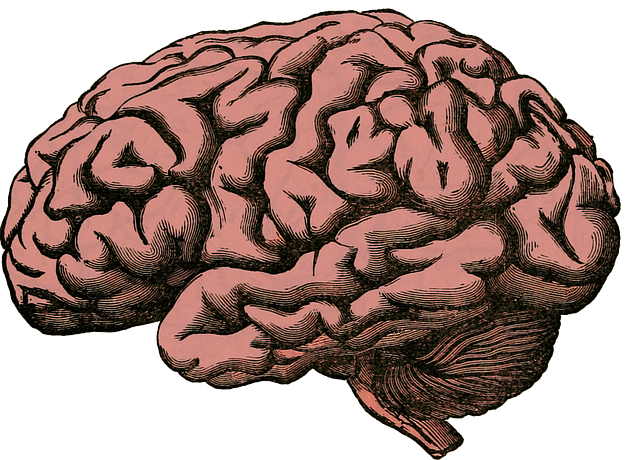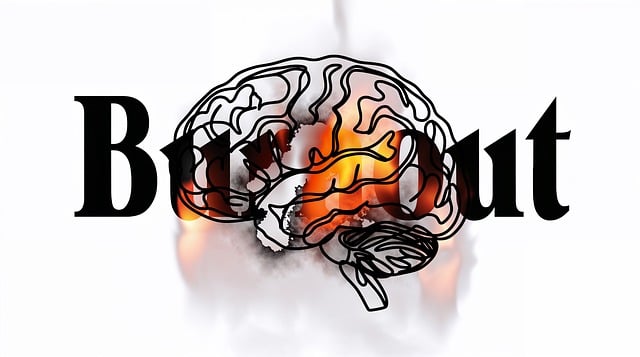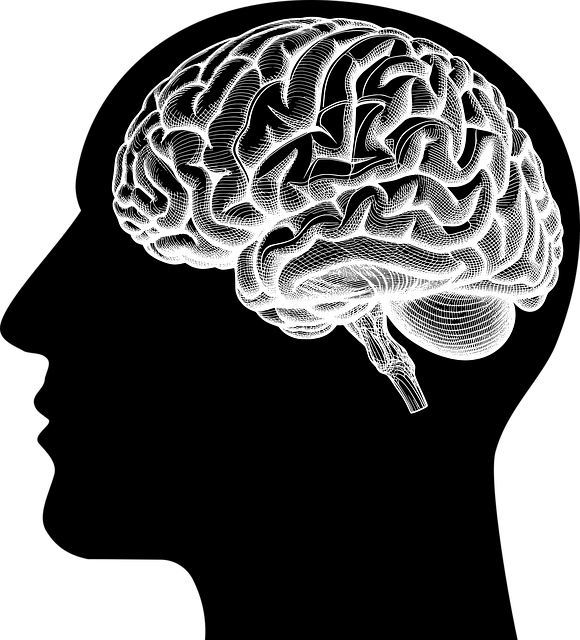Mental health professionals in Castle Rock face challenges diagnosing phobias due to subjective symptoms and comorbidity. They're overcoming these hurdles through enhanced empathy, improved assessment tools like advanced techniques and digital platforms, holistic treatments emphasizing positive thinking, and personalized care via Mental Wellness Coaching Programs. Specialized therapies like Castle Rock Phobias Therapy (CRPT), which uses exposure therapy and emotional regulation skills development, are crucial for accurate diagnoses and improved patient outcomes. Public awareness campaigns aim to destigmatize mental health issues, encouraging early intervention.
Mental illness diagnosis accuracy is a critical aspect of patient care, yet challenges like misconceptions and misdiagnoses persist. This article delves into these issues, exploring innovative approaches and tools designed to enhance diagnostic precision. We examine the role of specialized therapies through case studies, focusing on Castle Rock Phobias Therapy and its proven impact on achieving clearer diagnoses. By understanding these complexities, healthcare professionals can navigate mental health assessments more effectively.
- Understanding Diagnostic Challenges in Mental Health: Unraveling Misconceptions and Misdiagnoses
- Innovative Approaches to Enhance Diagnosis Accuracy: Tools and Techniques for Professionals
- The Role of Specialized Therapies: Case Studies on Castle Rock Phobias Therapy and Its Impact on Diagnostic Clarity
Understanding Diagnostic Challenges in Mental Health: Unraveling Misconceptions and Misdiagnoses

Mental health professionals often face a complex landscape when diagnosing individuals with various mental illnesses. Misconceptions and misdiagnoses are prevalent due to the subjective nature of symptoms, comorbidity rates, and the vast array of disorders within the mental health spectrum. For instance, common conditions like anxiety and depression can manifest differently in each person, making it challenging to pinpoint a precise diagnosis. This is especially true for more niche disorders, such as specific phobias, which may share symptoms with other conditions, leading to potential misdiagnosis or delayed treatment.
The process of understanding and differentiating these challenges is crucial. Professionals are increasingly focusing on developing strategies like enhanced empathy building and refining assessment tools to improve accuracy. By fostering a deeper comprehension of mental wellness, including promoting positive thinking as part of holistic treatments, therapists in Castle Rock can navigate these complexities more effectively. Moreover, the integration of Mental Wellness Coaching Programs and tailored therapy approaches ensures personalized care, addressing unique needs and reducing the risk of misdiagnosis.
Innovative Approaches to Enhance Diagnosis Accuracy: Tools and Techniques for Professionals

In recent years, mental health professionals have embraced innovative approaches to enhance diagnosis accuracy, aiming to improve patient outcomes and overall mental health awareness. One such tool that has gained traction is the use of advanced assessment techniques, which go beyond traditional methods. These include comprehensive risk assessments that consider a patient’s history, current symptoms, and environmental factors, enabling practitioners to make more nuanced judgments. By incorporating these detailed evaluations into routine practice, professionals can better identify subtle manifestations of conditions like Castle Rock phobias, ensuring earlier interventions.
Additionally, digital platforms and mobile applications have emerged as valuable assets for diagnosis refinement. These tools offer interactive risk management planning, allowing mental health professionals to create personalized strategies tailored to individual needs. Through evidence-based algorithms and user-friendly interfaces, these apps facilitate continuous monitoring and prompt users to seek support when needed. By integrating such innovations into their practices, professionals can stay ahead in managing complex cases, thereby improving diagnosis accuracy and enhancing the overall effectiveness of Castle Rock phobias therapy.
The Role of Specialized Therapies: Case Studies on Castle Rock Phobias Therapy and Its Impact on Diagnostic Clarity

Specialized therapies play a pivotal role in enhancing the accuracy of mental illness diagnoses, particularly for conditions like Castle Rock phobias. Case studies have shown that targeted interventions can significantly improve diagnostic clarity and patient outcomes. For example, Castle Rock Phobias Therapy (CRPT) has gained recognition as an effective approach. CRPT focuses on the specific fear and anxiety associated with Castle Rock—a unique geographical feature often linked to intense phobic responses. Through exposure therapy techniques, patients gradually confront their fears in a controlled environment, leading to reduced symptoms over time.
This therapeutic method not only aids in diagnosing but also offers a comprehensive framework for managing phobias. By combining psychological strategies with empathy-building techniques, CRPT fosters emotional regulation skills, helping individuals regain control over their lives. Furthermore, public awareness campaigns development and empathy-building strategies within the therapy can contribute to destigmatizing mental health issues, encouraging more accurate self-reporting and early intervention.
Mental illness diagnosis accuracy is a multifaceted issue that demands continuous improvement. By understanding the challenges, such as misconceptions and misdiagnoses, professionals can employ innovative tools and techniques to enhance diagnostic clarity. As evidenced by case studies on Castle Rock Phobias Therapy, specialized therapies play a pivotal role in improving diagnostic outcomes. These efforts collectively contribute to more effective treatment plans and better patient outcomes, underscoring the importance of ongoing research and integration of advanced practices in mental health diagnosis.












